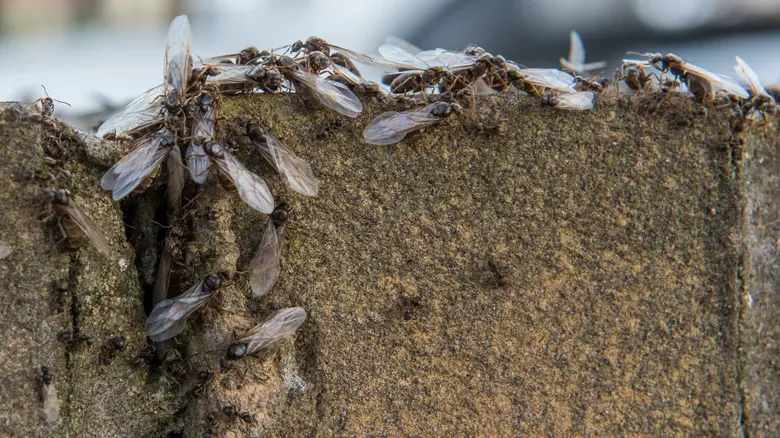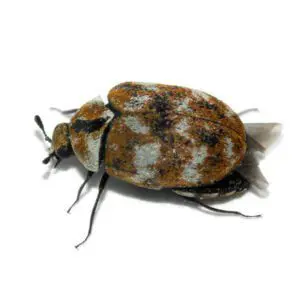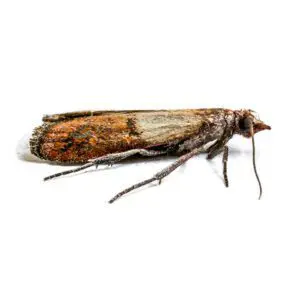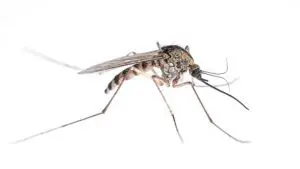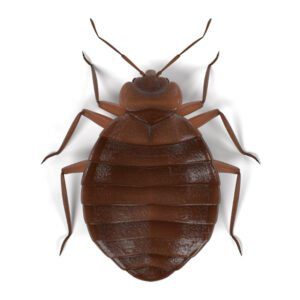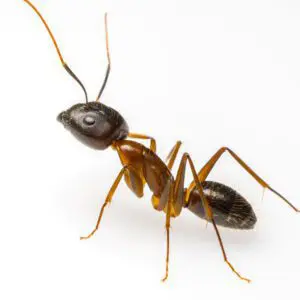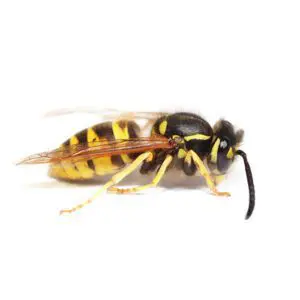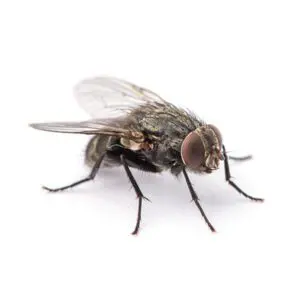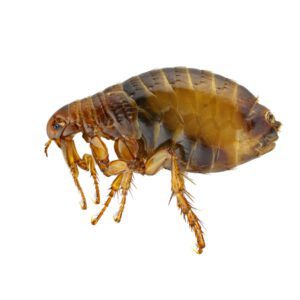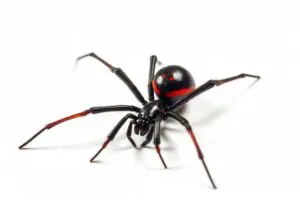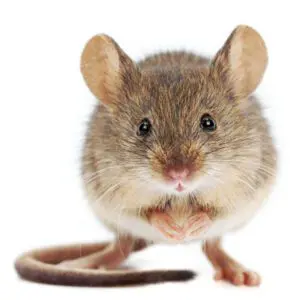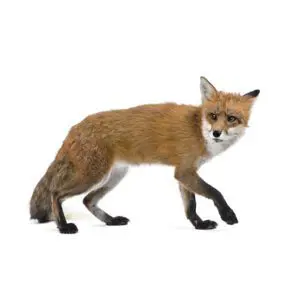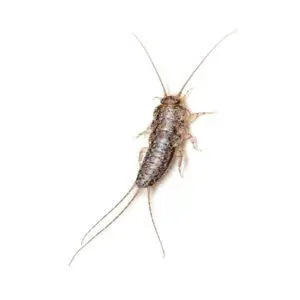Flying Ants Day: What It Is and How to Handle a Swarm
What is Flying Ants Day?
Flying Ants Day is a phenomenon where thousands of winged ants take to the sky in a synchronized mating flight. It typically occurs on warm, humid summer days and can be alarming for homeowners. However, this event is a natural part of the ant life cycle.
Why Do Ants Swarm on Flying Ants Day?
Flying ants, or alates, emerge to reproduce and establish new colonies. The warm weather and humidity create the perfect conditions for them to take flight. This mass emergence is often triggered simultaneously across multiple locations, making it seem like an invasion.
Are Flying Ants Dangerous?
While flying ants can be a nuisance, they are not inherently dangerous. Unlike wasps, they do not sting or bite aggressively. However, large swarms inside homes can be overwhelming, and their presence may indicate an ant infestation nearby. Find out more about ant infestations.
How to Get Rid of Flying Ants in Your Home
If you find flying ants indoors, here are some effective ways to manage them:
- Identify the Source – Check for cracks, windows, or open doors where they might be entering.
- Vacuum Them Up – A simple and non-toxic way to remove them is by vacuuming them immediately.
- Use Soapy Water Spray – A mixture of soap and water can break down their exoskeleton and kill them instantly.
- Seal Entry Points – Close off any cracks or crevices where ants may be coming from.
- Remove Food Sources – Keep food sealed and eliminate sugary spills that may attract ants.
Natural and Chemical Treatments for Flying Ants
- Lemon Juice & Vinegar – These disrupt ant pheromone trails, reducing their ability to navigate.
- Diatomaceous Earth – A natural powder that dehydrates ants upon contact.
- Ant Baits & Insecticides – If the infestation is large, bait stations and sprays may help eliminate the colony. These should only be used as per the directions of the label.
When to Call for Professional Ant Pest Control
If you frequently see swarms of flying ants, it could indicate a nearby colony inside walls or under floors. In such cases, a professional pest control service can assess the infestation and provide targeted treatments to prevent recurring problems. Find a local pest control expert.
Conclusion
Flying Ants Day is a natural event that may seem overwhelming but can be managed with the right steps. By taking preventive measures and knowing when to seek professional help, you can keep your home free from swarming ants.
Need Help with an Ant Infestation? Contact our expert pest control team today for a free consultation!

